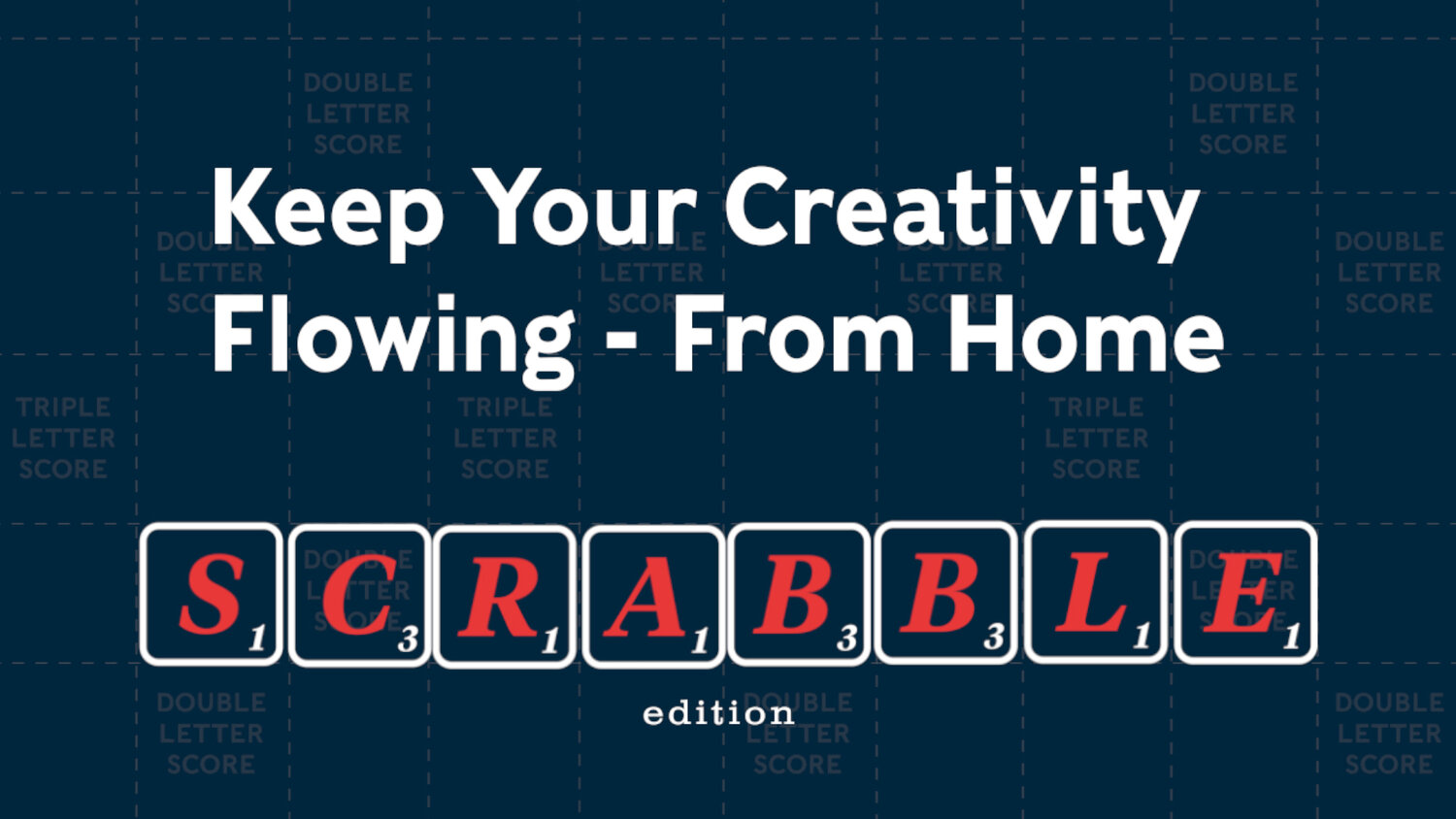How to kill it during your next Scrabble square-off.
How to kill it during your next Scrabble square-off.

Chapter 1: How To Not Suck at Scrabble
During this time of social distancing, we’ve all been forced to find new, or possibly old, creative outlets to plug our stir-crazy minds into. Some have taken up new hobbies, some have become TikTok-ers, some have even started reading books (crazy!). But perhaps nothing has made a more triumphant resurgence than board games, and no board game has shaken off more dust in the past couple weeks than Scrabble.
Having grown up in a hyper-competitive Scrabble family, I’ve been hittin’ triple word scores since I was about five. However, most non-family members I’ve come across on the Scrabble board look flat out lost. So, with too much time on my hands and your Scrabble struggles on my mind, I’ve compiled some tips to make sure you become the envy and enemy of your fellow Scrabblers.
1. Learn Your Two-Letter Words
The Scrabble dictionary plays it fast and loose with the concept of “words,” especially those of the two-letter variety. For example, QI, ZA, XU, and JO, are all accepted. I can say with confidence I’ve never used any of those in a sentence but I’ve used all of them hundreds of times on the Scrabble board. Two-letter words are how you win and/or force people to rage quit. Learn them and abuse them.
2. Take Advantage of the Bonuses
Every Scrabble board has four bonuses you can hit: Double and Triple Letter scores, and Double and Triple word scores. The letter bonuses will take whatever tile you put on them and multiply them by 2X or 3X while the word bonuses will multiply the entire word. How you utilize these will probably determine the outcome of the game. Pounce on them when they’re open and be cognizant of not leaving a Triple Word score open for your opponents.
3. Build Backwards
For the novices out there, any turn where you use all seven of your tiles is an automatic 50 points on top of the added total. So, the fastest way to make your significant other cry is by putting down seven-letter words. Making these seven-letter words isn’t nearly as hard as people think and the fastest way to get there is to build an ending. -ING, -ED, -ER, -TION close out a ton of words and feature commonly found letters. If you have an ‘N’ and a ‘G,’ hold out for an ‘I’ and try to make a big splash.
4. Trade In
If the only words you can spell with your tiles are in Whale language—I’m talking something like AAOEYIA—then don’t hesitate to trade them in. As long as there are more than seven tiles left in the bag you can trade in any or all of them. Yes, you lose a turn, but it’s better than spending the next three figuring out how to break up your vowel vomit.
5. Save Your S’s & Blanks
S’s and blanks are to Scrabble what good connection and clear sound are to a video call: rare and extremely valuable. There are only four S’s and two blanks available so if you get one, it’s important to make it count. While S’s are great for ending one word and starting another, blanks can be anything you need. They can be an “S” or they can give you the “G” you were waiting for in -ING. While blanks by themselves have no point value, they’re invaluable when it comes to creating larger words.
There you have it. With this knowledge in tow you can shed your Scrabble insecurities and get those word-making creative juices flowing. Now go out there (actually, stay home), stay fresh, and whoop some ass. Because just like two-letter words in Scrabble, this time might be bizarre and make zero sense, but we can make the most of it. Happy wordplay, my friends.
Stay in touch with your compadres
